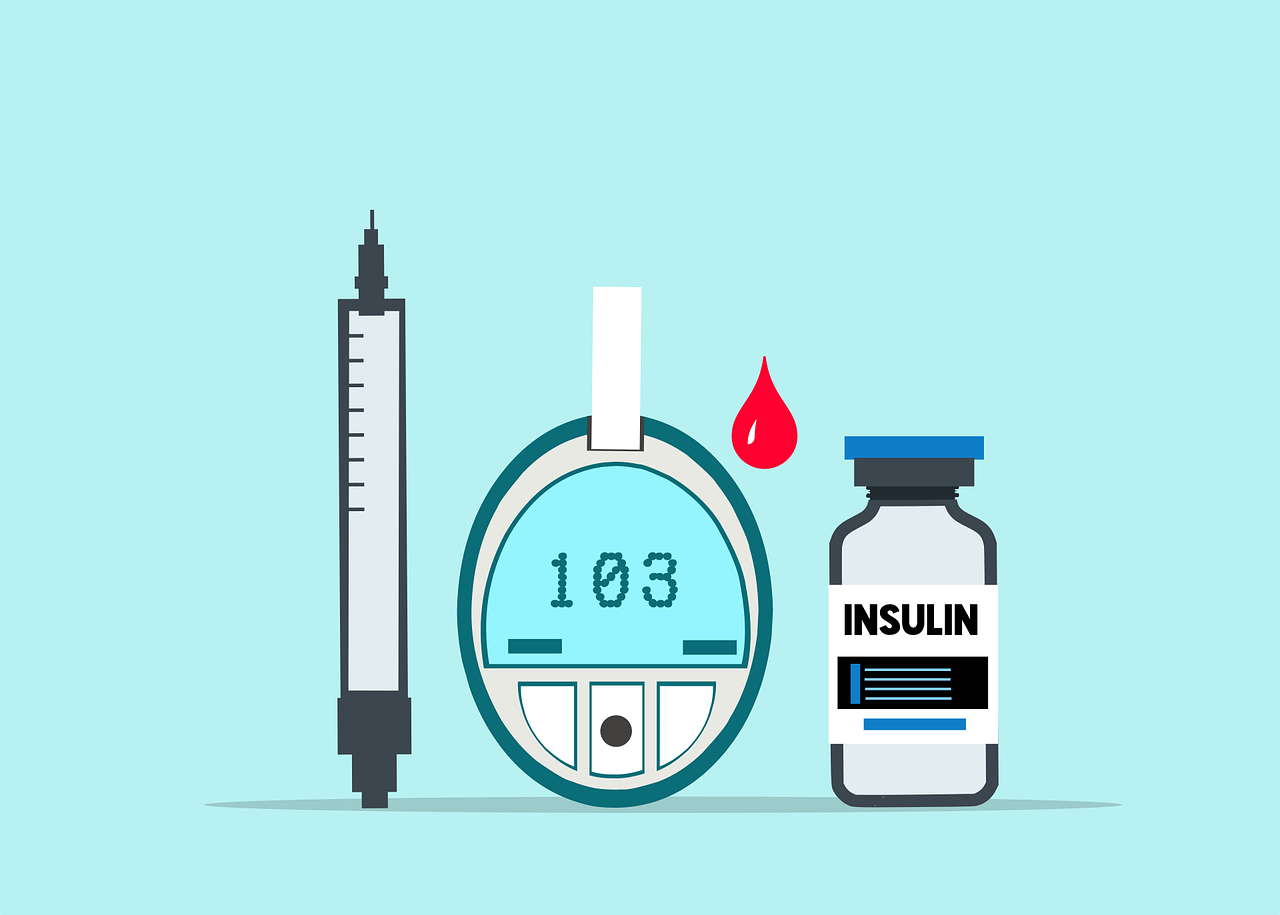
Over the last few years, CBD gummies have exploded in popularity. Marketed as a natural remedy for everything from anxiety to insomnia and chronic pain, these colorful chewables are now stocked in health stores, pharmacies, and even gas stations. But behind the calming marketing language and cute packaging, there’s a growing conversation about the potential side effects of CBD — especially when consumed in gummy form.
If you’re considering CBD gummies as part of your wellness routine, it’s crucial to look beyond the hype and understand what the latest science and health authorities are saying. This post will walk you through what CBD is, how gummies deliver it, and the side effects (from mild to serious) you should be aware of — all backed by up-to-date research and expert insights.
🌿 What Are CBD Gummies?
CBD, or cannabidiol, is a compound derived from the cannabis plant. Unlike THC (tetrahydrocannabinol), the psychoactive component in marijuana, CBD won’t get you high. Instead, it interacts with the body’s endocannabinoid system, which helps regulate mood, sleep, pain, and immune responses.
CBD gummies are simply edible candies infused with a specific dose of CBD. They’re popular for several reasons:
- Discreet and easy to take
- Precise dosing
- Longer-lasting effects (since edibles take longer to metabolize)
While many users report benefits like improved sleep or reduced anxiety, the picture isn’t all rosy.
⚠️ Common Side Effects of CBD Gummies
1. Fatigue and Drowsiness
CBD is often used to improve sleep — but that can come with a downside. Many users report daytime drowsiness, particularly if they take higher doses or combine CBD with other sedatives like alcohol or sleep aids.
➡️ Tip: If you’re new to CBD, start with a lower dose and avoid operating machinery until you know how your body responds.
2. Dry Mouth
This is one of the most commonly reported side effects. CBD can reduce saliva production, leading to cottonmouth — that parched, sticky feeling in your mouth and throat.
➡️ Solution: Stay hydrated and keep a water bottle handy when using CBD gummies.
3. Digestive Issues
Some users experience nausea, diarrhea, or changes in appetite. This may be due to the way CBD interacts with gut receptors or simply a reaction to other ingredients in the gummy (like artificial sweeteners).
➡️ Watch Out: If symptoms persist, stop taking the product and consult a doctor.
4. Mood Changes
Although many take CBD to reduce anxiety, it doesn’t always work that way for everyone. A small number of users report irritability, restlessness, or even increased anxiety, especially at higher doses.
🚨 More Serious (But Less Common) Side Effects
1. Liver Damage Risk
Recent research suggests that very high doses of CBD may affect liver enzymes and lead to liver toxicity, especially when combined with other medications metabolized by the liver.
📌 The FDA has issued warnings about this in relation to Epidiolex, a prescription CBD drug, but the concern may extend to over-the-counter products too — especially when taken daily in large amounts.
2. Drug Interactions
CBD can inhibit the enzyme cytochrome P450, which is responsible for metabolizing many common medications — including blood thinners, antidepressants, and antiepileptics. This can lead to elevated drug levels in the bloodstream, increasing the risk of side effects or overdose.
➡️ Crucial Advice: Always consult your doctor if you’re taking prescription medications and want to add CBD to your routine.
3. Male Reproductive Health
Animal studies have shown that high doses of CBD can negatively affect sperm development and testosterone levels. While human data is limited, this raises potential concerns for long-term male reproductive health.
👶 Special Populations: Who Should Be Extra Cautious?
• Children: Accidental ingestion of CBD or THC gummies by children can result in severe symptoms — even hospitalization.
• Pregnant and Breastfeeding Women: There is no conclusive evidence that CBD is safe during pregnancy or breastfeeding. Most health authorities, including the CDC and FDA, strongly advise against its use in these cases.
⚗️ Quality and Safety Concerns
The booming CBD market has outpaced regulation. A lack of FDA oversight means:
- Labeling may be inaccurate — Many products contain less CBD than advertised or even unintended levels of THC.
- Contaminants are a real risk — Without third-party testing, CBD gummies may be contaminated with pesticides, heavy metals, or mold.
📌 According to a recent study, over 25% of CBD products tested contained levels of THC above the federal legal limit (0.3%), potentially causing unintended psychoactive effects.
✅ Best Practices for Safe Use
If you’re still interested in trying CBD gummies — and there’s certainly a lot of anecdotal evidence supporting their benefits — here’s how to use them responsibly:
1. Start Low, Go Slow
Begin with a small dose (5–10 mg) and gradually increase only if needed.
2. Choose Trusted Brands
Look for products with transparent third-party lab results, ideally with a certificate of analysis (COA) available online.
3. Talk to Your Doctor
Especially if you have existing health conditions or take prescription medications.
4. Avoid Mixing with Alcohol or Sedatives
These combinations can amplify sedative effects and increase the risk of adverse reactions.
🧠 Final Thoughts: Are CBD Gummies Worth It?
CBD gummies may offer real relief for some people — but they’re not without risks. From digestive discomfort to drug interactions and quality control issues, users should approach these supplements with the same level of caution they’d give any medication.
The good news? When sourced carefully and used mindfully, CBD gummies can be part of a safe and effective wellness regimen.
But as always, knowledge is your best defense. Stay informed, read labels, ask questions, and don’t hesitate to consult healthcare professionals.
What’s your experience with CBD gummies?
Have you faced any side effects or found effective brands?
Let’s keep the conversation going — drop a comment below!
Frequently Asked Questions (FAQs)
1. What are the most common side effects of CBD gummies?
The most commonly reported side effects include drowsiness, dry mouth, diarrhea, reduced appetite, and irritability. These effects are typically mild and often resolve as the body adjusts.
2. Can CBD gummies make you feel high?
No, CBD is non-psychoactive and does not produce a “high.” However, if the product is contaminated or mislabeled and contains more THC than advertised, it may cause psychoactive effects.
3. Are CBD gummies safe to take daily?
For many people, low to moderate daily use is considered safe. However, long-term safety data is still limited. Regular users should monitor for side effects and consult with a healthcare provider.
4. Can CBD gummies interact with medications?
Yes. CBD can interfere with liver enzymes (like CYP450) responsible for metabolizing many medications, including blood thinners, antidepressants, and seizure drugs. Always check with your doctor before combining CBD with other prescriptions.
5. How long do the effects of CBD gummies last?
Effects usually begin within 30 minutes to 2 hours after consumption and may last 4–6 hours, depending on your metabolism, dosage, and whether you’ve eaten recently.
6. Are CBD gummies safe during pregnancy or breastfeeding?
No. There’s not enough research to confirm the safety of CBD during pregnancy or while breastfeeding. Health authorities recommend avoiding CBD in these cases.
7. Can children take CBD gummies?
Only under medical supervision. While Epidiolex (a CBD-based drug) is approved for certain seizure disorders in children, over-the-counter CBD gummies are not recommended for children due to dosing risks and lack of regulation.
8. How can I tell if a CBD gummy brand is trustworthy?
Choose brands that provide third-party lab testing, Certificates of Analysis (COAs), clear labeling, and transparency about sourcing. Avoid products with vague ingredient lists or unverifiable claims.
9. Do CBD gummies affect your liver?
High doses of CBD may elevate liver enzymes and pose a risk of liver damage, especially when combined with certain medications. Liver function should be monitored during extended or high-dose use.
10. Can I drive or work after taking CBD gummies?
If the dose causes drowsiness or impairs alertness, you should avoid driving or operating machinery. Start with small doses until you understand how CBD affects you personally.













